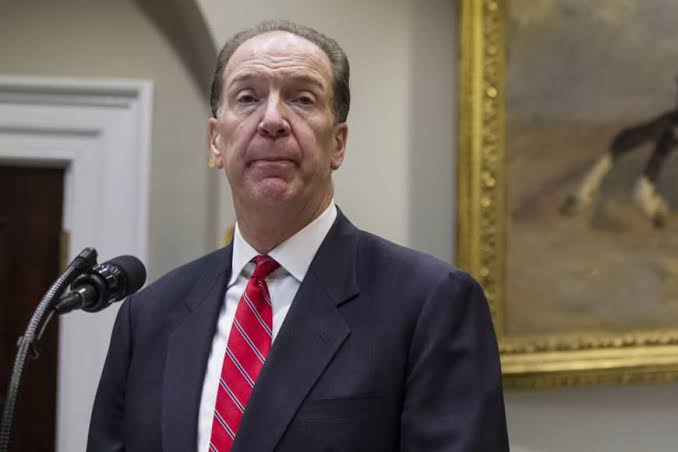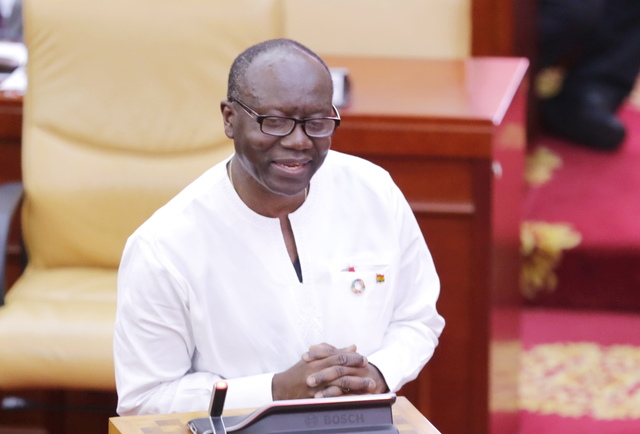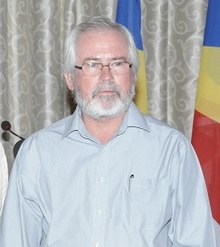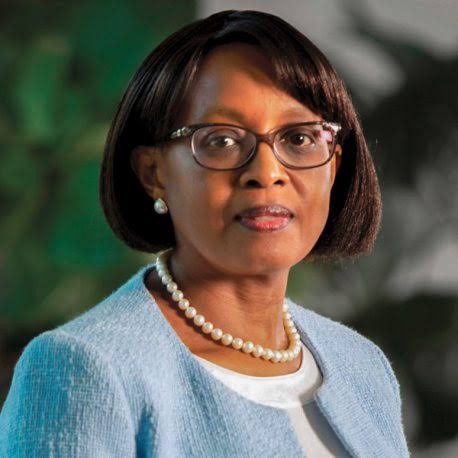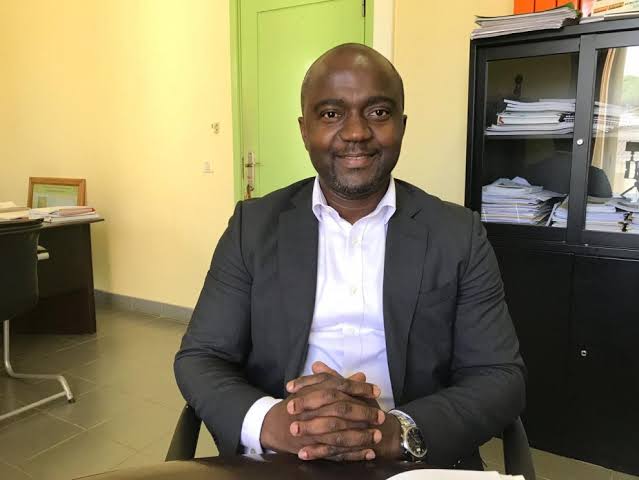Russia, China and Allies Gang up Against the Dollar
This is definitely not the best time for the United States economy as it is battling multiple challenges on different front among which is the ravaging Covid-19 virus making a landing on the American shores and expected to kill close to a thousand before this week rounds up. Add to that, the dwindling crude oil price which has had an adverse effects on the country oil industry especially the Shale oil has had an adverse impact on the economy.
It is in the light of the above that the renewed clamour for the duping of the United States dollar by some countries is coming into focus. Of recent, Russia and China seem to have lured willing collaborators in efforts to curtail the global influence of the American dollar by conducting trade in their local currencies by skipping dollars. This formed path of deliberations in Moscow last week when finance ministries and central banks representatives of China, India, Russia, Pakistan, Kyrgyzstan, Russia, Tajikistan and Uzbekistan met in Moscow to draw a roadmap on issues that affect their common interests’ chief of which is the domineering presence of the American dollars.
Read also:Nigeria and Ghana top Projects Destinations in the Oil and Gas Industry in 2020
The eight-member countries of the Shanghai Cooperation Organization (SCO), including China, Russia, and Pakistan, have made the principle decision to conduct bilateral trade and investment and issue bonds in local and national currencies instead of US dollars. As per details, a road map will be finalized and signed at the next SCO’s Finance Ministers’ meeting. Russia, as chairman of the Shanghai Cooperation Organization, has called for suggestions from all member states for trade and investment in local currencies. After a detailed review of these proposals in Moscow’s meeting, a system of mutual settlement of national currencies will be introduced for the member countries of the SCO.
Read also:Obasanjo Urges Africa to Collaborate for a Strong Oil and Gas Future
All member states will sign a roadmap for trade and investment in national currencies between member states. As per reports, the finance ministry of Pakistan has completed preparations in light of the agenda of the conference of finance ministers. Representatives from the finance ministries and central banks of China, India, Russia, Pakistan, Kyrgyzstan, Russia, Tajikistan and Uzbekistan will attend the SCO conference in Moscow.
In addition, Iran, Afghanistan, Belarus, and Mongolia are the observer countries of the SCO who wish to become a regular member of the organization.Reports say that if the trade and investment between the member states of the SCO begin in national currencies instead of dollars and pounds, it will be a big breakthrough. It will also strengthen the national currencies of the member countries and promote mutual trade and investment.
Kelechi Deca

Kelechi Deca has over two decades of media experience, he has traveled to over 77 countries reporting on multilateral development institutions, international business, trade, travels, culture, and diplomacy. He is also a petrol head with in-depth knowledge of automobiles and the auto industry





